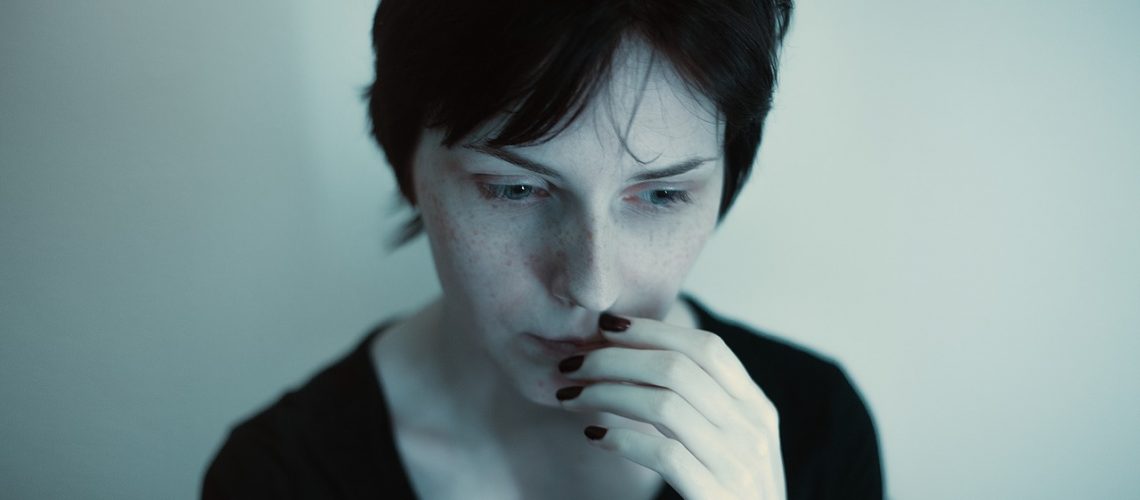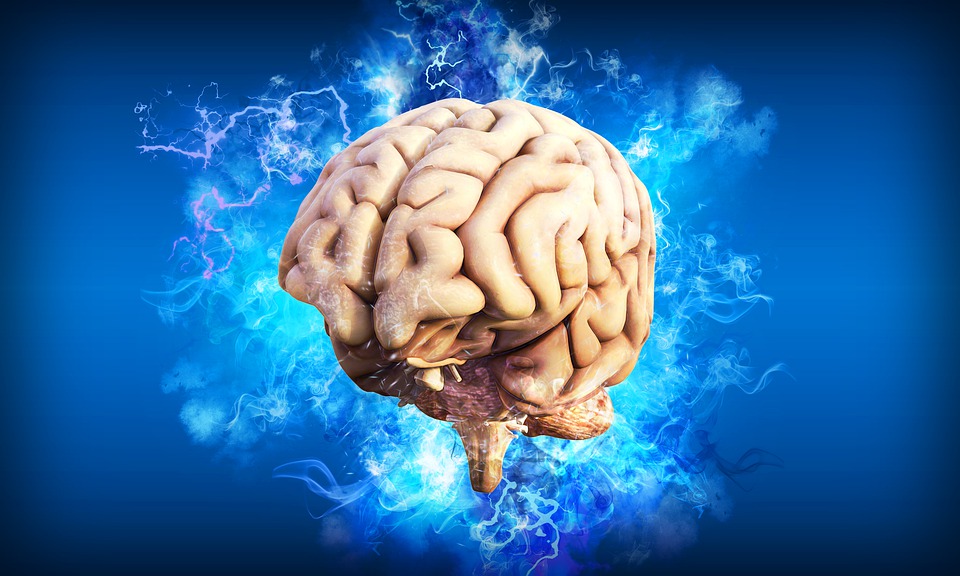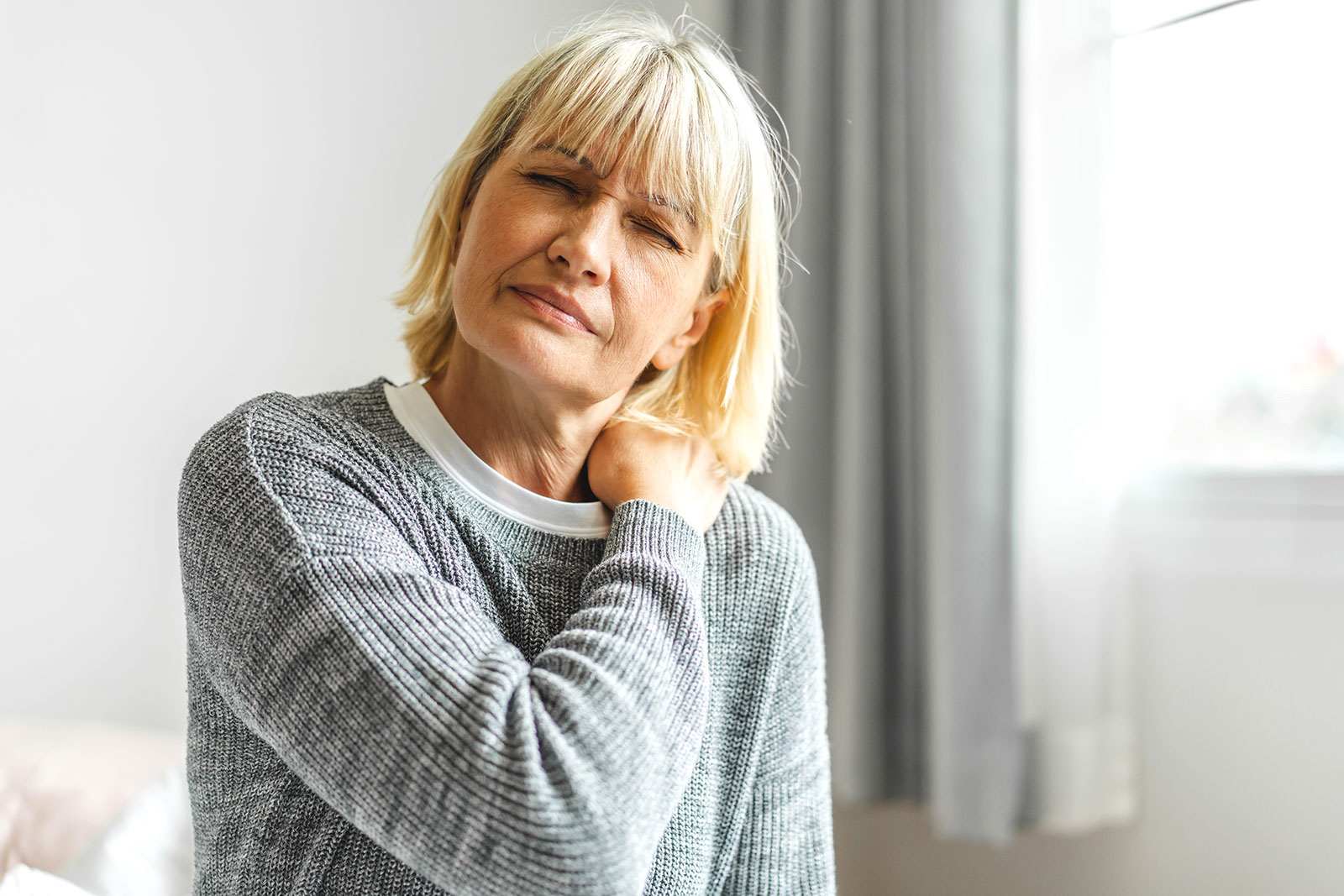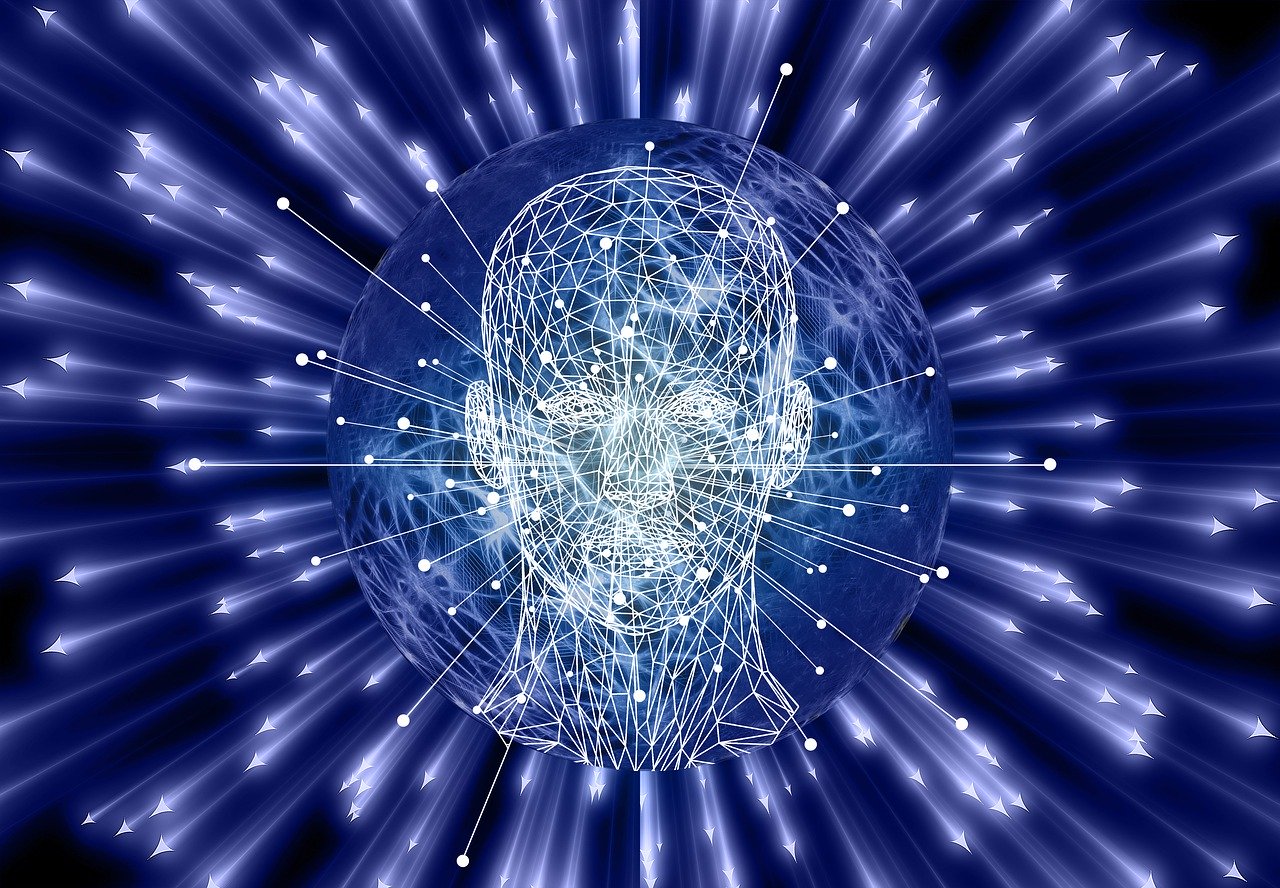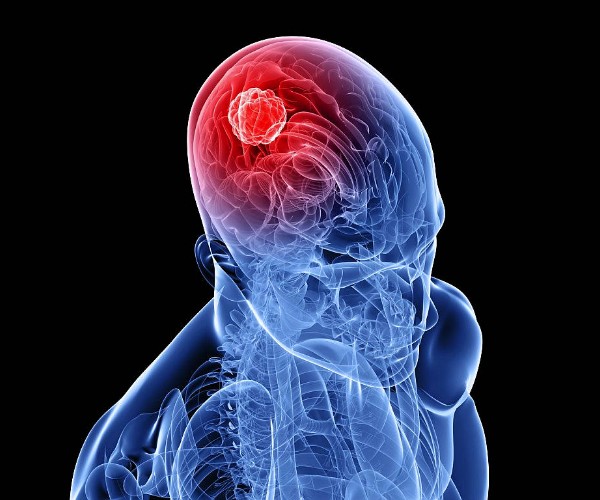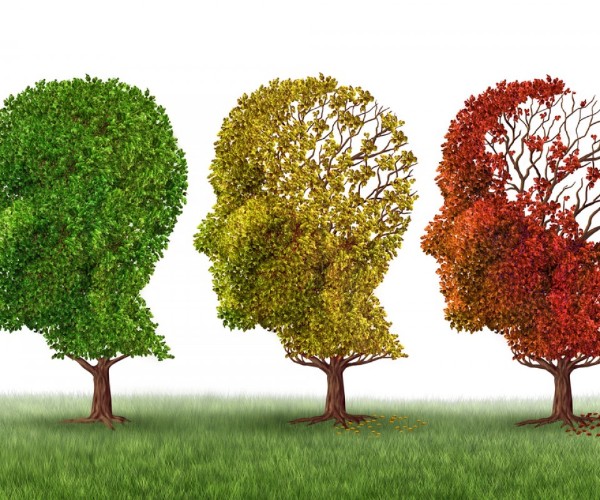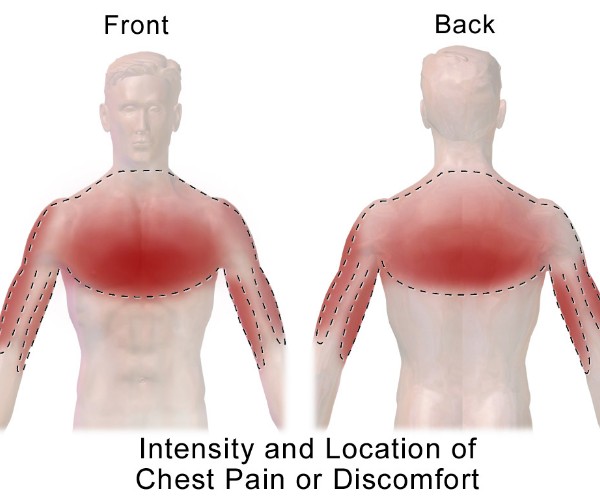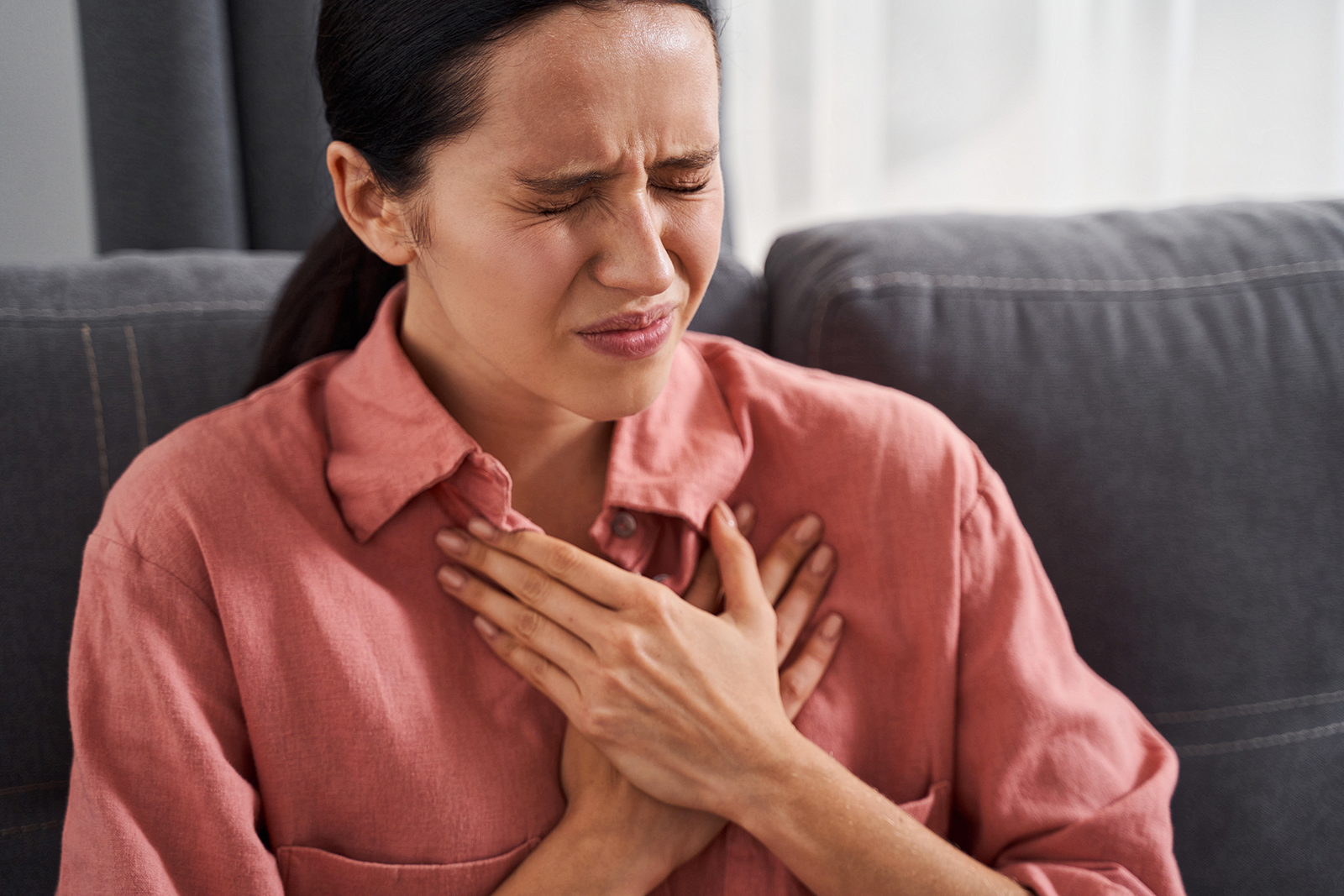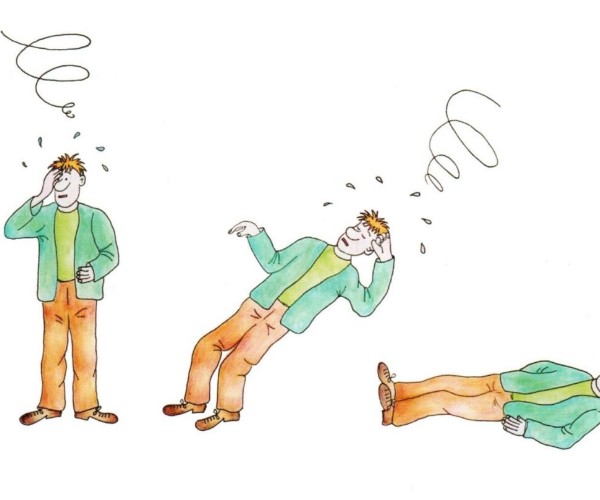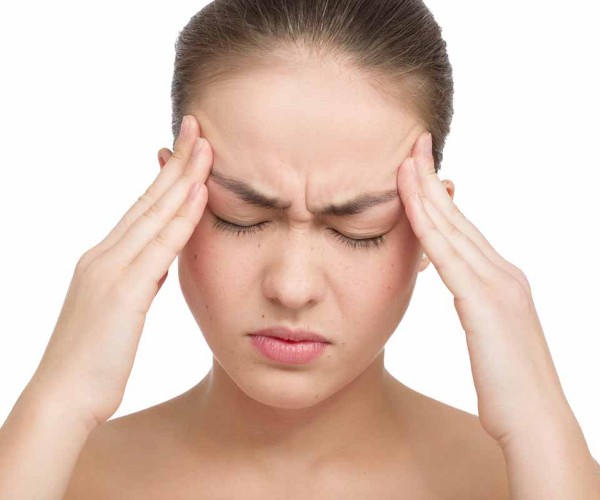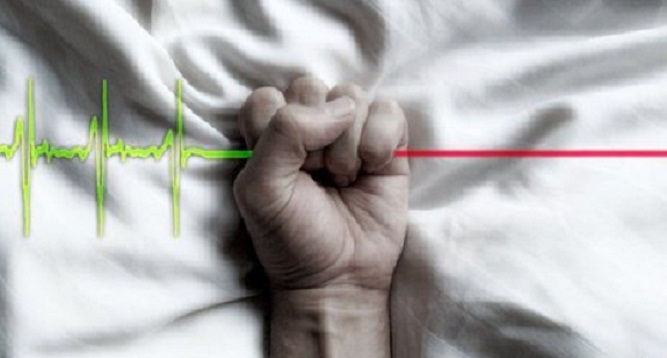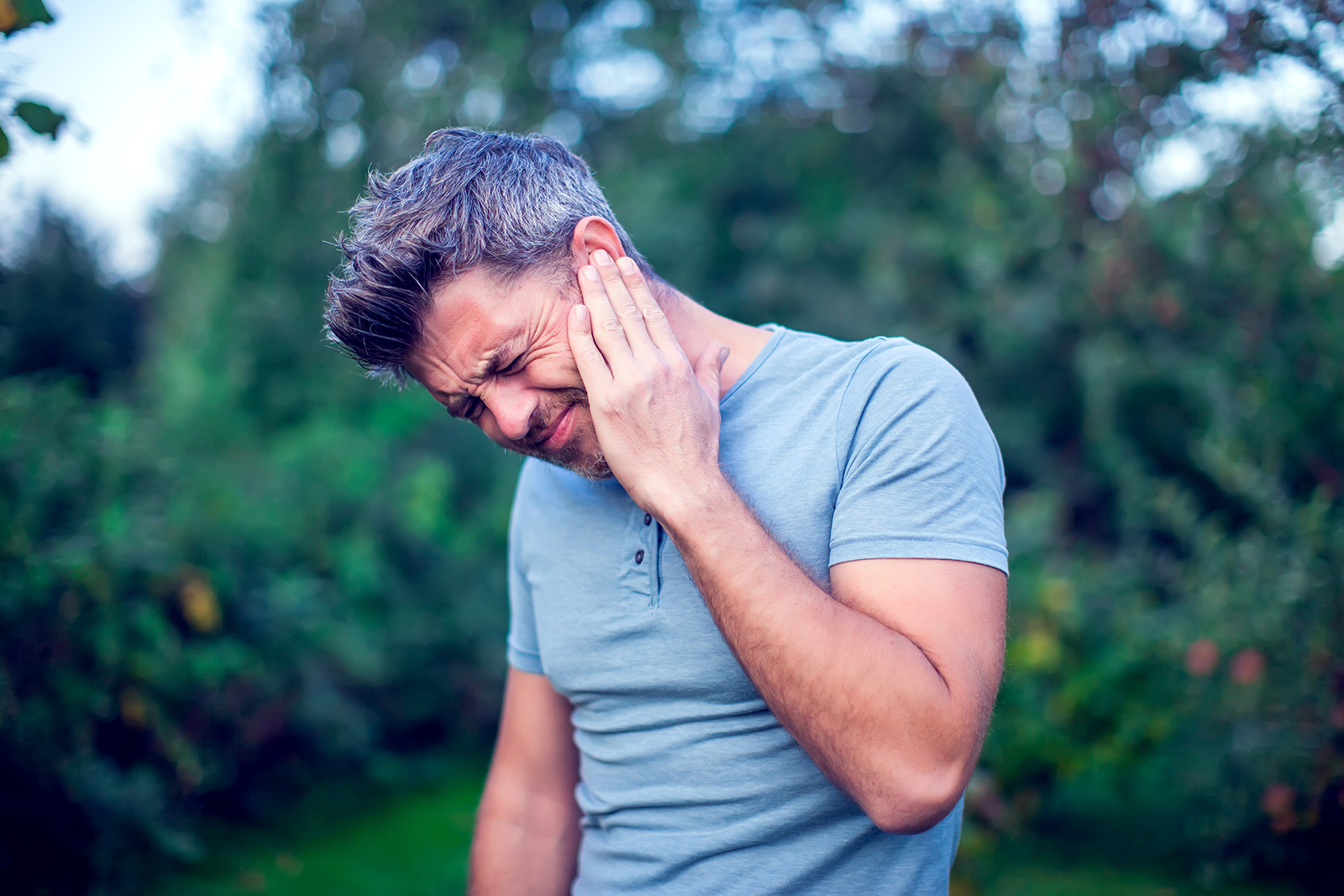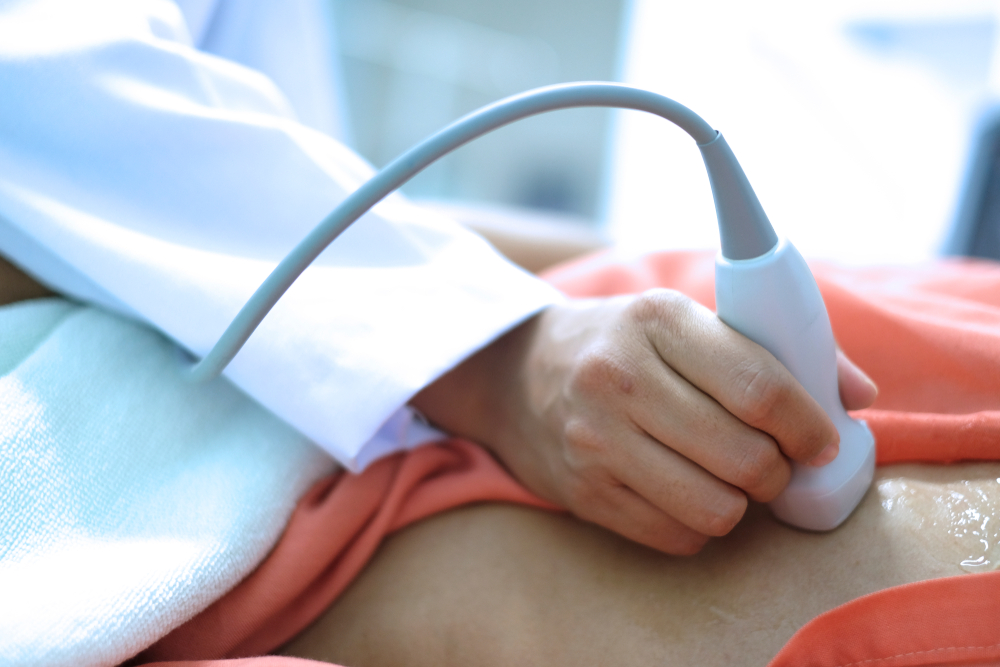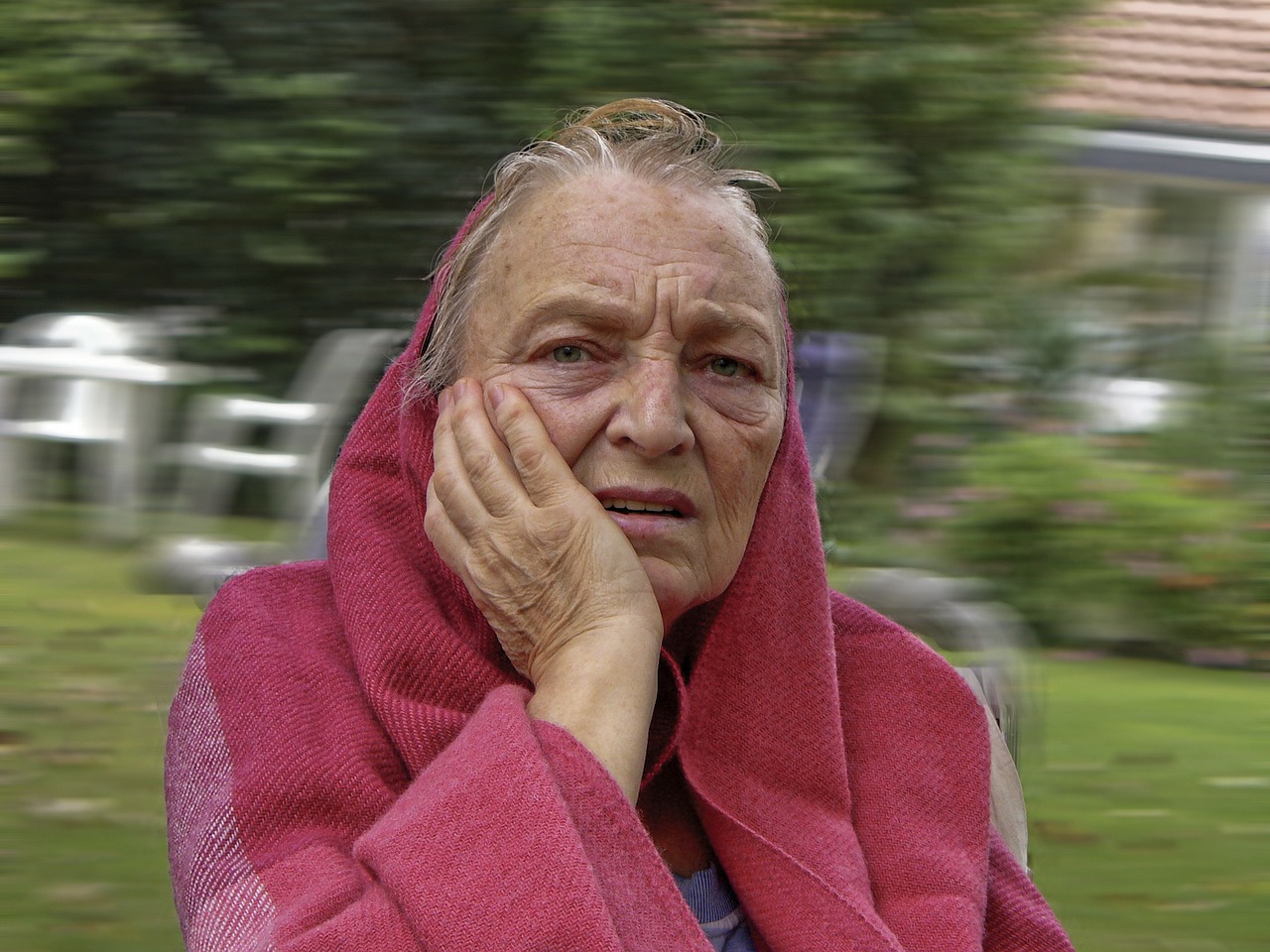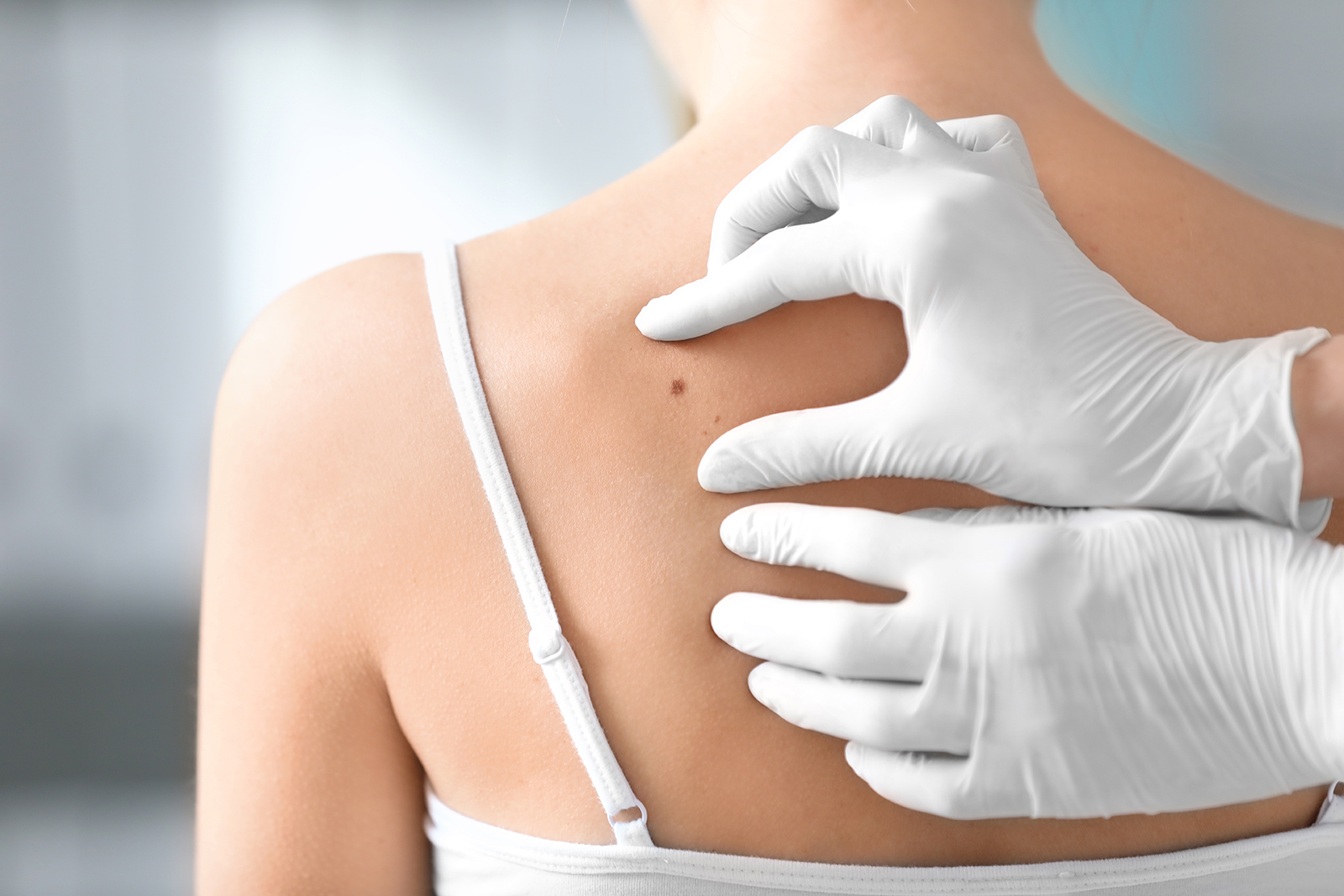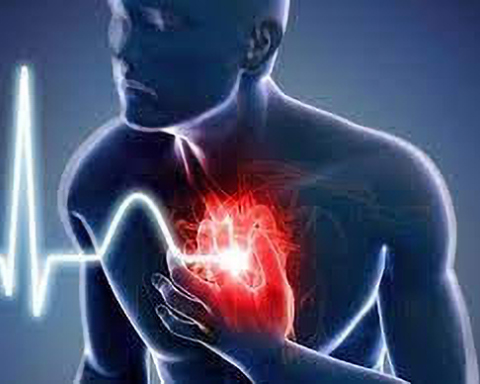Anxiety or, more precisely, “generalized anxiety disorder” as stated in the “Statistical Diagnostic Manual of Mental Disorders, is a psychiatric disorder characterized by: intense and persistent worry and anxiety not justified by the seriousness of real situations, events or risks; the need to plan and keep track of every aspect of life; inability to handle uncertainty and the unexpected; difficulty making decisions and excessive fear of making wrong choices; excessive apprehension about the health of a loved one; inability to divert thoughts from the object of concern, to relax and “loosen up”; and problems with concentration.
Disorders and Symptoms
Alongside variable combinations in type and intensity of the distinctive psychoemotional symptoms that define it, generalized anxiety disorder involves a range of physical manifestations related to nervousness and intense and persistent stress such as, for example: unmotivated fatigue, sleep disturbances, muscle contractures and aches, bruxism, headaches, appetite changes and digestive disorders (nausea, diarrhea, irritable bowel syndrome, etc.), sweating, irritability, repetitive gestures and the need to move, tachycardia, palpitations, pain in the center of the chest, drops in blood pressure, tightness and tightness in the chest, difficulty breathing, a feeling of suffocation, increased urinary frequency, disturbances in the menstrual cycle and sexual desire.
The physician should be consulted whenever a significant psychophysical distress characterized by intense/recurring anxiety and worry, sleep disturbances, pain syndromes, and other physical symptoms not justified by organic disease significantly interfere with general well-being and prevent one from serenely carrying out usual activities for periods longer than a few weeks. The first reference should always be the family physician, who will be able to frame the disorder and rule out the presence of any organic pathology at the origin of the malaise experienced. Once it is determined to be generalized anxiety disorder, psychological or psychiatric consultation may be recommended.
Causes
Like most psychiatric conditions, generalized anxiety disorder has complex causes and not yet well defined, given by the combination of genetic predisposition, alteration in the functioning of specific brain circuits involved in the control of emotions and stress response, predisposing personality profile, and neuropsychological developmental patterns.
The onset of generalized anxiety disorder can be promoted by risk factors such as: being female; history of traumatic experiences or having witnessed dramatic events in childhood; presence of chronic diseases (especially cardiac, respiratory, digestive, and metabolic) or history of serious physical illness/trauma (cancer, accident outcomes, myocardial infarction, etc.); exposure to acute intense or modest, but repeated or long-lasting stress; poor adaptability to external stimuli and tendency to nervousness and worry; intake of substances that worsen the stress response (alcohol, drugs, medications, caffeine, nicotine, exciting phytotherapeutic extracts, etc.).
Diagnosis
The diagnosis of generalized anxiety disorder is, as a rule, fairly straightforward because the symptoms are well recognizable and the discomfort experienced causes the sufferer to seek medical attention fairly quickly to identify a solution that can alleviate the discomfort.
In adults, to issue a diagnosis of generalized anxiety disorder, in addition to characteristic psychoemotional symptoms, at least three anxiety-related physical symptoms must be present. Taken together, the manifestations must be of an intensity that is not justified by the events/circumstances nor by the presence of specific triggers (in particular, intake of drugs/substances or presence of other diseases) and such that they interfere with the sufferer’s usual activities and well-being, and persist for more than six months. For the diagnosis of anxiety disorder in children, in addition to persistent anxiety and worry, the finding of a single related physical symptom, even for periods of less than six months, is sufficient.
How to treat
Treatment of generalized anxiety disorder varies depending on the characteristics and intensity of the distress in the individual case, but is almost always based on the use of medications that can restore good psychoemotional balance and improve the response to external stimuli and stress and/or psychotherapeutic interventions.
The pivotal drugs in anxiety therapy are antidepressants (mainly, serotonin-releasing-system inhibitors – SSRIs and serotonin-norepinephrine-releasing-system inhibitors – SNRIs), the use of which can be paired in the first 2-3 weeks with tranquilizing drugs (in particular, benzodiazepines) that provide quick relief while waiting for the antidepressants to start taking effect.
The psychotherapy provided in the presence of generalized anxiety disorder is mainly psycho-behavioral and is aimed at enhancing the ability to cope with stress and react more consciously and calmly to daily difficulties, through a kind of gradual re-adaptation.
Along with medication and/or psychotherapy, it may be helpful to take advantage of relaxation techniques such as yoga, tai-chi, meditation, rebirthing, shiatsu or traditional massage, acupuncture, listening to classical music, etc. Equally important is to exercise regularly (preferably, in the midst of greenery), sleep at least 7-8 hours each night, avoid overloading oneself with commitments, and be in the company of quiet and pleasant people as much as possible, follow a healthy diet, avoid smoking and caffeine and alcohol intake, take herbal teas and infusions with relaxing properties (e.g., made from chamomile, valerian, linden, lemon balm, hawthorn, passion flower, mallow, etc.)





